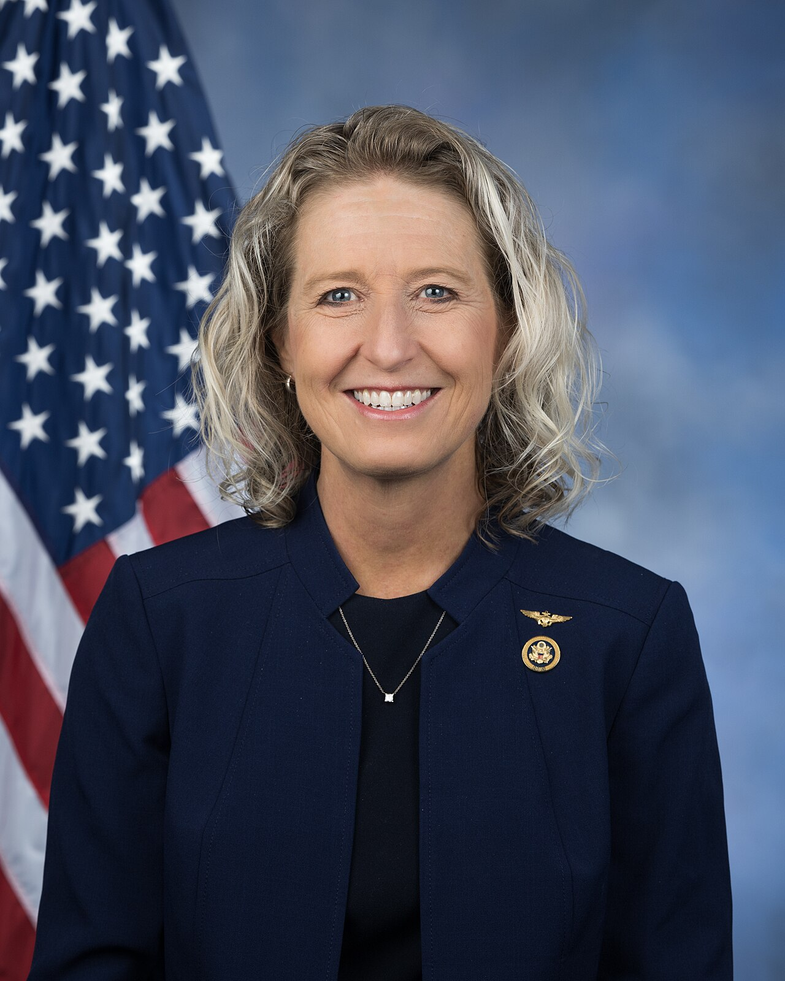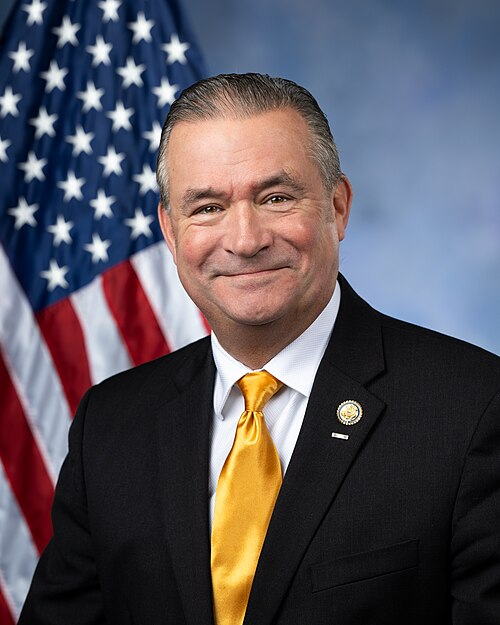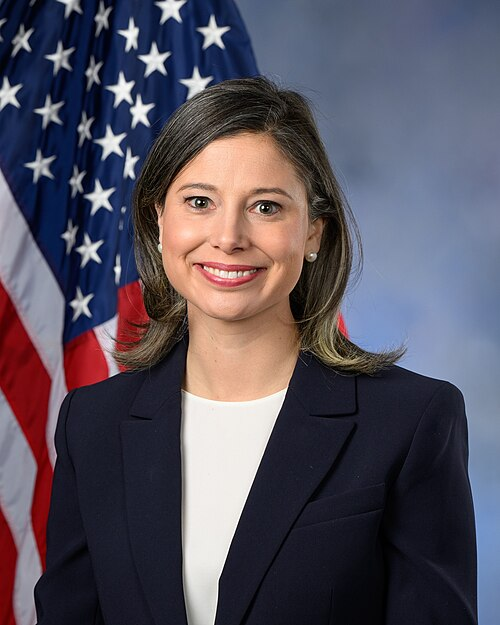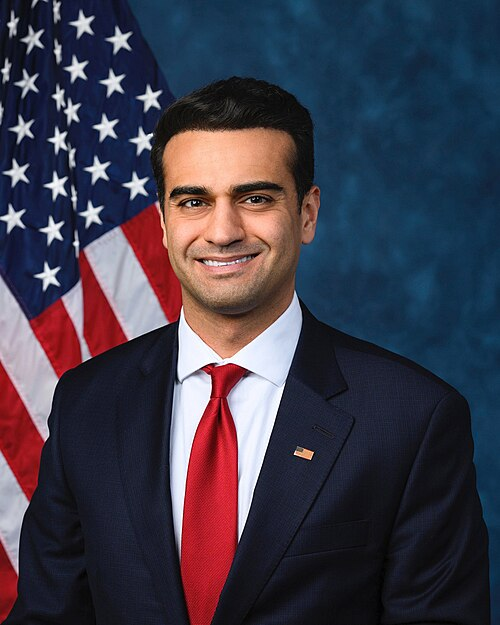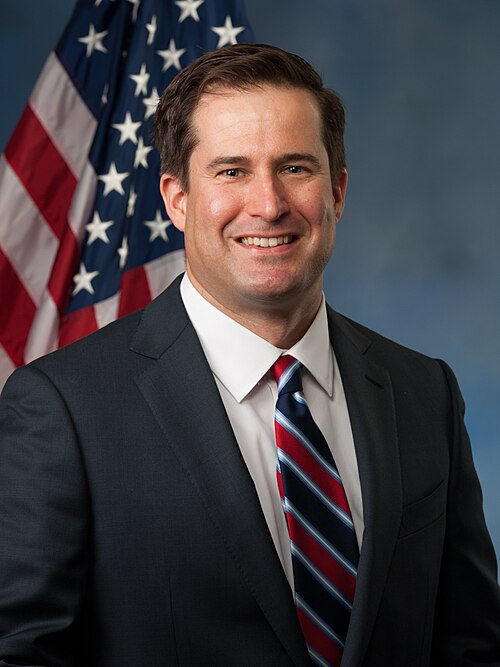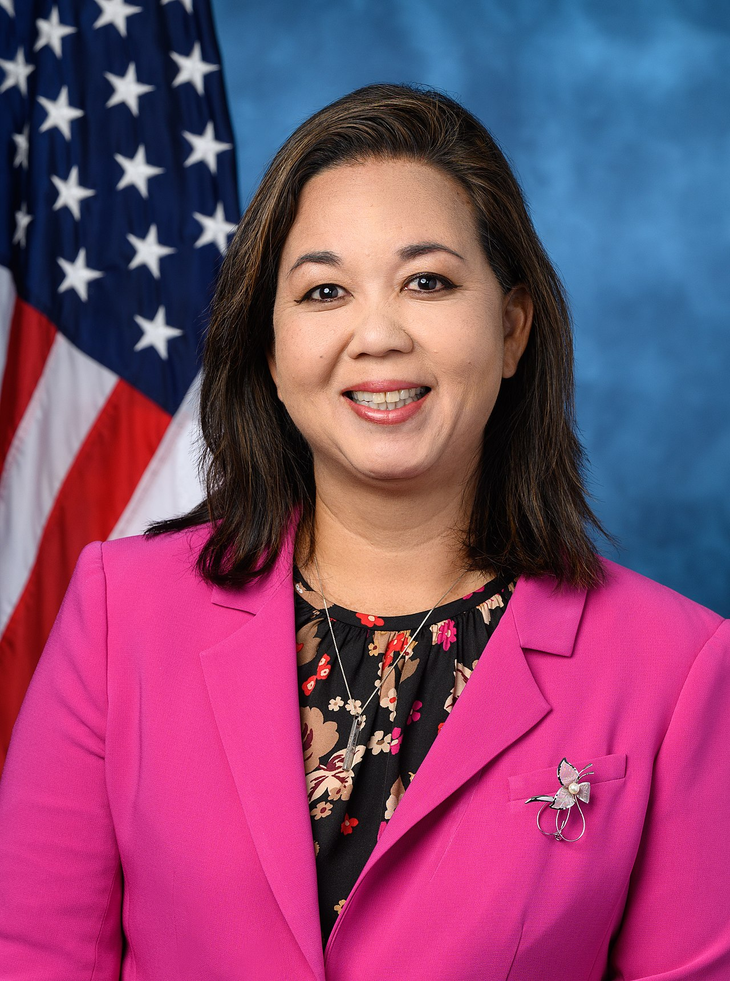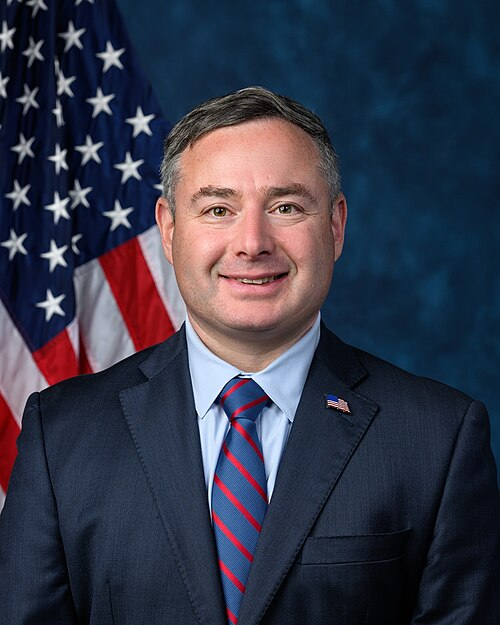H.R. 4805: Warrior Impact from Neurological and G-Force Stress Act
This legislation, known as the Warrior Impact from Neurological and G-Force Stress Act (WINGS Act), directs the Secretary of Veterans Affairs to conduct an extensive study focusing on the long-term physiological and psychological effects that military aviation has on veterans who have served as aviators in the Armed Forces.
Study on Long-Term Effects
The study mandated by the bill will evaluate various aspects of the health of military aviators, particularly those who have been exposed to high-performance flight operations and G-forces. The Secretary of Veterans Affairs is required to carry out a comprehensive, long-term analysis that will look into:
- The relationship between the total flight hours and G-force exposure, and the incidence of traumatic brain injuries, sub-concussive trauma, or cognitive impairments.
- Long-term mental health outcomes, which include the rates of depression, anxiety disorders, and post-traumatic stress disorder (PTSD) in aviators as compared to other military personnel.
- The correlation between aviation-related physiological stress and the risk of suicide among aviators.
- The occurrence of neurodegenerative conditions (like chronic traumatic encephalopathy, amyotrophic lateral sclerosis, and Parkinson’s disease) in current and former military aviators.
- The impact of equipment design (including helmets and oxygen systems) and cockpit environment on neurocognitive health.
- Current methods for screening and diagnosing early signs of neurological injuries or psychological distress in military aviators.
- Recommended improvements for monitoring, prevention, and treatment related to brain trauma and mental health challenges tied to aviation.
Consultation and Collaboration
While conducting the study, the Secretary of Veterans Affairs is required to consult with various organizations and experts, including:
- The Secretary of Defense
- The Surgeons General of the military branches
- The Director of the Defense Health Agency
- Relevant academic institutions and federally funded research centers specializing in aviation medicine, neuroscience, and psychiatry.
Military Aviator Neurohealth Registry
In addition to the study, the bill establishes a centralized Military Aviator Neurohealth Registry. This registry will include:
- Anonymized health data from military aviators who voluntarily participate in the study.
- Flight exposure metrics, such as total flight hours and G-force experiences.
- Tracking of relevant health outcomes over time.
- A system for ongoing follow-up with military aviators.
Reporting Requirements
The bill requires the Secretary to submit two reports to Congress. An interim report is due within one year of the law's enactment, providing preliminary findings and recommendations. A final report must be submitted within three years, including comprehensive findings and recommendations based on the completed study.
Definition of Military Aviator
The bill defines a "military aviator" as a veteran who has been designated as a pilot, naval aviator, or aircrew member by the relevant military department. This designation includes individuals who:
- Operate or are assigned as flight crew aboard high-performance aircraft designed for various military operations (e.g., fighters, attack aircraft, trainer jets, and tiltrotor aircraft).
- Experience sustained or repeated G-forces during their flight duties.
- Engage in roles requiring aircrew qualification and exposure to flight-related physiological stressors.
Relevant Companies
None found
This is an AI-generated summary of the bill text. There may be mistakes.
Sponsors
7 bill sponsors
Actions
2 actions
| Date | Action |
|---|---|
| Jul. 29, 2025 | Introduced in House |
| Jul. 29, 2025 | Referred to the House Committee on Veterans' Affairs. |
Corporate Lobbying
0 companies lobbying
None found.
* Note that there can be significant delays in lobbying disclosures, and our data may be incomplete.
Potentially Relevant Congressional Stock Trades
No relevant congressional stock trades found.
